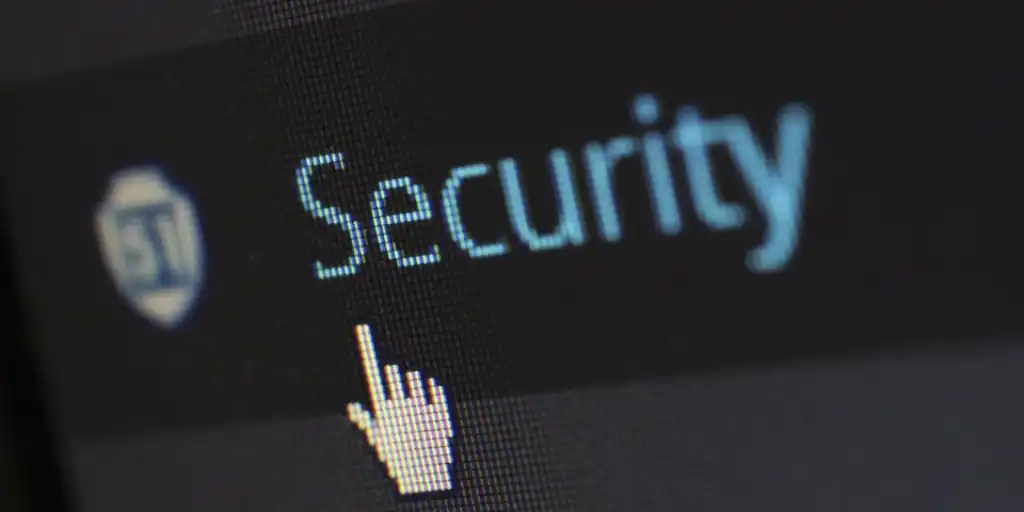Protecting your customers is just as important as protecting your business
In addition to protecting yourself against attacks in a largely technology based society, as a business owner and handler of private data, you know how important it is to keep your business, your employees, and your customers safe from the threat of cyber attacks.
As the issue of cyber security becomes more prevalent, we collected the top seven tips for keeping your business up to date with the most significant security measures.
1. Educate Yourself
Whether you’re an employee or a business owner, make yourself aware of cyber security risks. Learn about common malware (malicious software) and viruses, most popular methods and signs of web-based attacks, and potential scams.
You can also investigate taking cyber security courses and workshops, such as the ones offered by Microsoft or the Small Business Administration.
2. Train Your Employees
If you own a business, it’s important that not only you know about the threats against cyber security. Have a set of policies and procedures in place to use as a guide for your employees so they know how to handle any incidents.
Schedule training consistently, not just one time. Create a written guide with information and put it in an easily accessible place for employees so they have an outline of how to take care of problems that arise. Regularly update your policies to reflect best practices in the event of a cyberattack so that your business stays well informed in this modern age of technology.
3. Have a Cyber Security Plan
If a cyberattack does occur, have a plan of action in place to best control the situation. Identify potential risks so you know what to keep an eye out for or where your business is vulnerable.
Your plan of action should include who to contact (whether that’s a higher authority in your company or law enforcement), where data and backups are kept, and how you can quickly get control over the situation and minimize the damage.
Here’s a planning guide offered by the Federal Communications Commission to help you create a customized cyber security plan for your business.
4. Control and Limit Access
Create accounts for each of your employees and apply limitations that allow them to only access and download approved files and software. Make your network accessible by account only to prevent unknown sources from penetrating your network.
Teach employees about best password practices – have the system automatically prompt for password changes after a certain amount of time and only permit unique passwords.
Keep devices that are connected to or have access to your business’ private network or data files away from public reach. Monitor who has access to what devices and keep track of all of your business’ mobile devices to minimize risks of a breach.
5. Make Backups
Make and keep backups of important information regularly and offsite.
Important information includes databases, financial files, human resources files, any files holding crucial data, and any other documents and spreadsheets needed for business operations.
Backup this data as often as possible, such as at the end of every day or every week, or automatically if able. Save the backups in a secure location separate from their source or in the cloud.
6. Secure Your Wi-Fi
First and foremost, your main network should be separate from any network that customers or guests have access to, to prevent breaches from anyone with bad intentions who gets ahold of public networks.
The wi-fi tied to your business should only be accessible by employees. However, try to set up the wi-fi in such a way that prevents employees from needing the password – such as connecting to the network personally before employees access devices using the network.
Set up your router or access point so that they don’t broadcast the name of your network by using the Service Set Identifier, or SSID. Always password protect the router using an extremely unique password, and never the password provided with the purchase of the router.
7. Keep Products Up to Date
Always update apps and software on your devices as soon as updates come available so that any necessary patches or bug fixes can be applied. Old software has holes that hackers become familiar with to make cyberattacks easier, so keeping your devices up to date means they are kept safer and better protected.
The same applies to any payment card processing systems or other systems and devices you use in your business that customers use and have access to. Any device that handles sensitive or important information should be consistently updated and switched out to maintain protection and quality standards. Monitor all your devices constantly for any signs of tampering.
As we like to say, better safe than sorry! As risks and threats against cyber security continue to increase, taking these steps to better protect your business will keep your business in good standing with your customers. Cyber attacks result in loss of both money and reputation, so shielding your business and protecting your customers is to be expected of any and every business owner.
Acumen Connections

